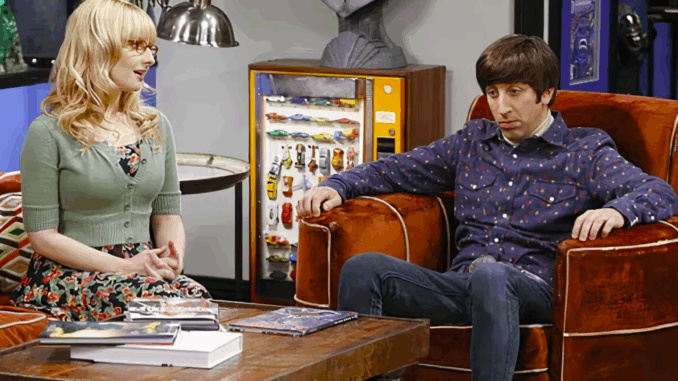
A Show That Redefined Geek Culture on Television
Since its debut in 2007, The Big Bang Theory has become a cultural phenomenon, reshaping the landscape of television sitcoms. With its unique blend of nerd culture, intellectual humor, and lovable characters, the show quickly captured the hearts of millions. The show’s success isn’t just measured by its lengthy run and high ratings but by its profound influence on how geek culture is portrayed in the media.
Geek Chic: Bringing Science to the Mainstream
One of the key reasons The Big Bang Theory stood out was its portrayal of nerds and scientists in a positive, yet humorous light. The characters—Sheldon, Leonard, Raj, and Howard—are all highly intelligent, but also socially awkward, which led to some of the show’s best comedic moments. Rather than being seen as outcasts, the show positioned these characters as both relatable and loveable, with a dedicated fanbase that celebrated their quirks.

The show also managed to make science and technology both accessible and entertaining, thanks to the characters’ constant references to scientific theories, comic books, and video games. This unique combination of intellect and humor paved the way for a broader acceptance of “nerdy” topics in mainstream media.
Influencing Modern Sitcoms
In many ways, The Big Bang Theory revolutionized the sitcom genre, influencing other popular shows. After its success, networks began to embrace geek-centric characters and narratives. Shows like Silicon Valley, Young Sheldon, and even Community featured nerdy, tech-savvy protagonists, using them as the basis for humor. Additionally, the rise of social media platforms gave fans a voice to share their appreciation for the show, creating a fan-driven community around the series that has only continued to grow over time.
The characters of The Big Bang Theory also set a new standard for sitcom ensembles. While earlier shows typically relied on more traditional, “everyman” characters, The Big Bang Theory broke the mold with its diverse range of intellectual and social dynamics. The ensemble cast allowed for multiple relationships and character arcs, each contributing to the overall narrative.
The Spin-off Phenomenon: Young Sheldon
The success of The Big Bang Theory led to the creation of its prequel, Young Sheldon, which has also seen tremendous success. The show dives into the early life of Sheldon Cooper, exploring his genius and his struggles growing up in East Texas. Young Sheldon has become a strong standalone series, continuing the Big Bang Theory legacy with its heartwarming portrayal of a young Sheldon navigating school and family life.
The spin-off highlights another trend sparked by The Big Bang Theory—the expansion of TV universes. Following the show’s success, networks began to embrace the idea of spinoffs, allowing fans to revisit beloved characters in new settings and contexts.
Cultural Impact and Continued Popularity
Even though The Big Bang Theory concluded its 12-season run in 2019, its cultural impact remains undeniable. The show continues to be streamed by millions worldwide, and its characters and catchphrases have become part of pop culture history.
From Sheldon’s “Bazinga!” to Leonard’s enduring crush on Penny, the show’s moments have lived on in internet memes, fan conventions, and TV references. The series has proven that even in a fast-evolving media landscape, its charming characters and humor can stand the test of time.
What’s Next for the Big Bang Theory Universe?
While the series finale wrapped up the storylines of its main characters, there’s still plenty of interest in the Big Bang Theory universe. With the ongoing success of Young Sheldon and the recent announcement of new spin-offs, it’s clear that the legacy of The Big Bang Theory will continue to influence television for years to come. Fans are eagerly awaiting any new developments in the franchise, whether it’s a new spinoff, more guest appearances, or even potential reunions.